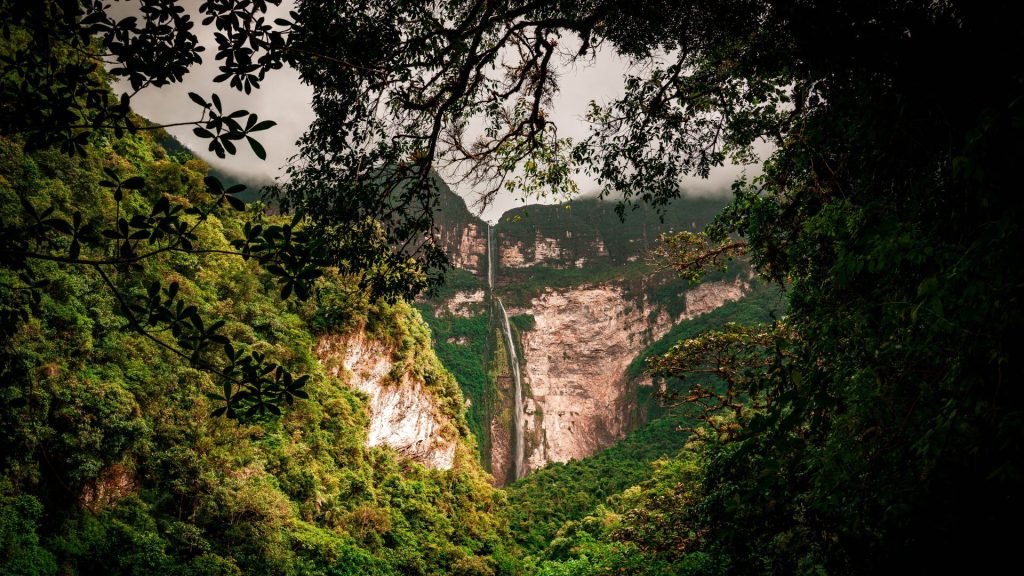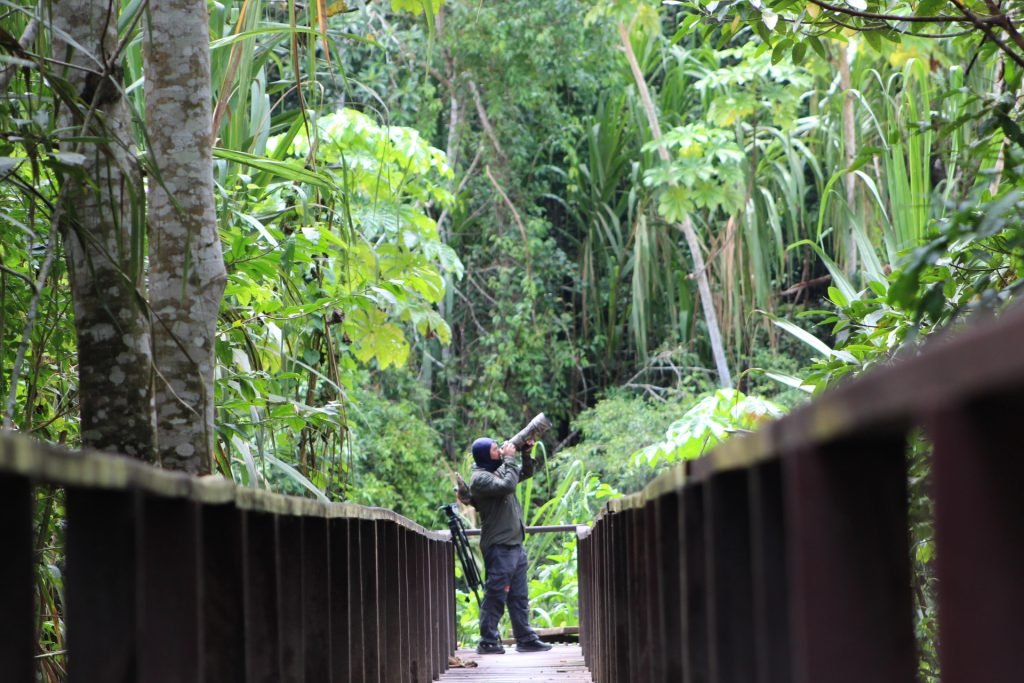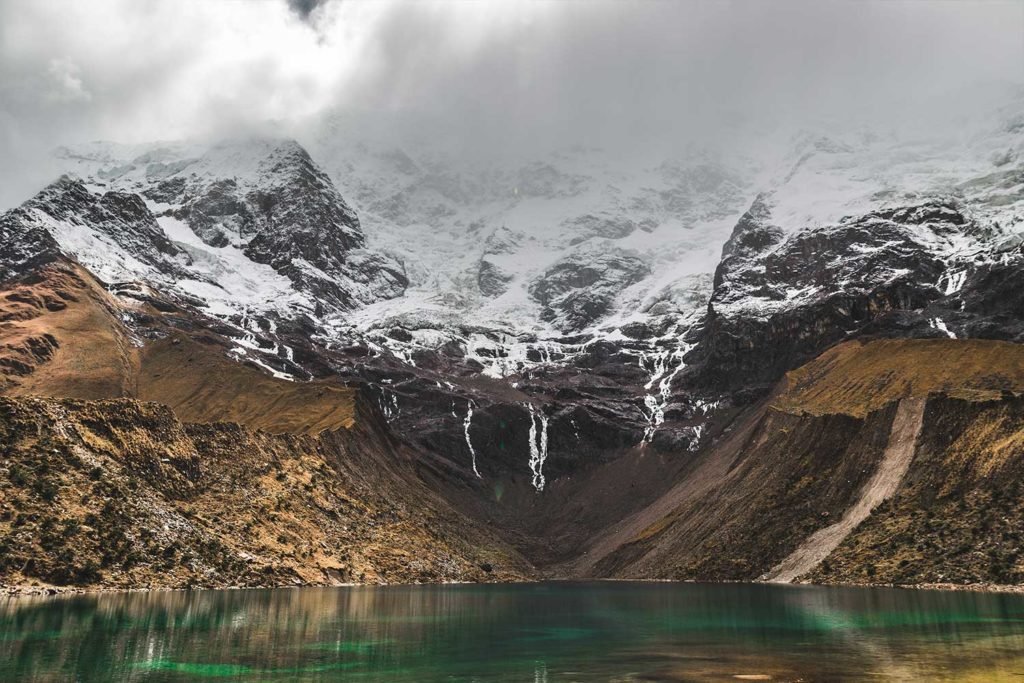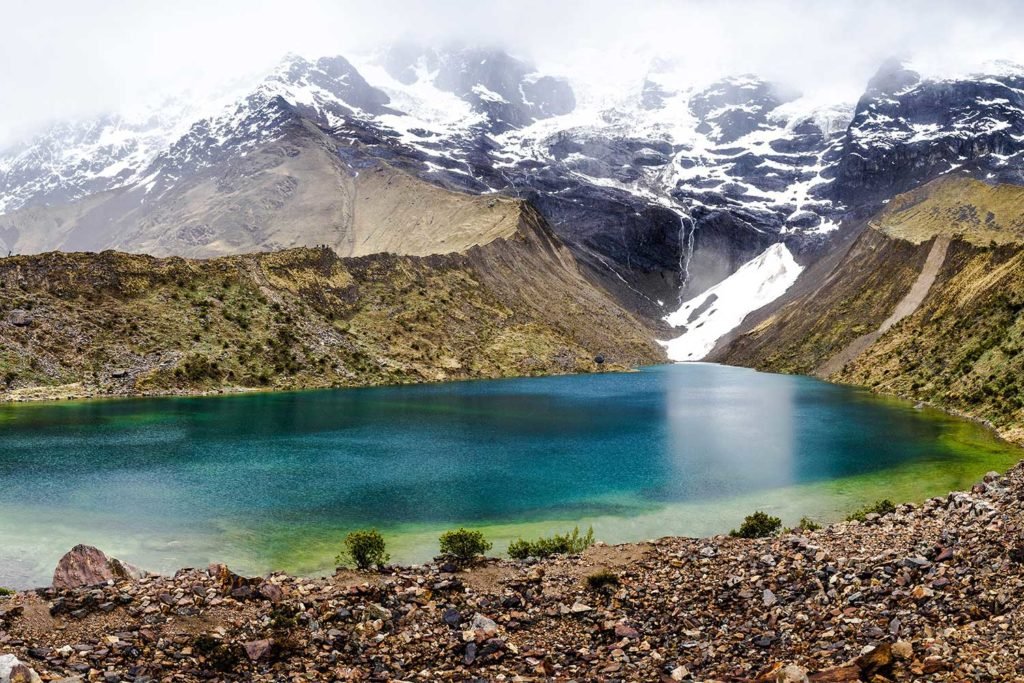Sustainability in the Amazon
The Amazon rainforest is the beating heart of our planet and one of the last lungs that still offer benefits to the planet. Its conservation is of vital importance for the rest of the Earth since more than 20% of the world’s oxygen is produced in the Amazon, and because of its great diversity of species, the animals of the Amazon rainforest represent more than half of the species of plants, animals and insects worldwide. All of this makes for a great ecosystem that is very important to protect, and now more than ever, ecotourism initiatives play a key role in helping the sustainability of the Amazon continue to thrive and this ecosystem to be preserved intact.

Threats to the Amazon
The Amazon rainforest periodically faces severe damage caused by illegal logging and illegal mining, two major problems in today’s society. Illegally logged timber in the Amazon is more common than you might think; in fact, it is more likely that an object you own was made from illegally sourced timber than from sustainably sourced timber. It is not uncommon for an illegal logger to mix logs from protected lands with legally sourced logs to reduce the chances of being brought to light.
Another major threat to the sustainability of the Amazon is the epidemic of illegal mining in the rainforest. Illegal miners search for resources such as gold, aluminum, titanium, iron and other materials. The mercury used in gold mining is especially dangerous, as if not handled with extreme care it can leach into local rivers and contaminate both fish and the water supply of surrounding indigenous communities.
Illegal gold mining in the Madre de Dios region, Peru
Illegal gold mining has long been a problem, and this problem has increased since the 2008 financial crisis. Unfortunately, it is one of the most lucrative illegal activities in the Amazon, and its processes can cause enormous and irreversible damage to Peruvian communities and the environment. In Madre de Dios, an area that makes up part of the Peruvian Amazon, this practice is particularly damaging and has so far resulted in the destruction of more than 60,000 hectares of land. This process involves the uncontrolled use of mercury, which poses an added danger to the health of the communities living in the area and their natural resources. Another important consequence of illegal mining is the conflict that can arise between the miners and the indigenous or peasant communities that live in this region, and these conflicts often result in great harm and human rights violations.
What the illegal miners leave in their wake is destroyed, infertile land plagued by mercury that is toxic to human health. Unfortunately, in addition to devastating the environment and local communities, illegal mining can also be linked to child labor and exploitation as well as human trafficking in mining camps. This year, the Peruvian government has made an effort to crack down on these illegal camps, but there is still a lot of work to be done.
Expansion of roads
Another threat to Peru’s natural lands, especially the Amazon, is the construction of major highways that seek to connect large cities in the region. Roads that come dangerously close to protected Amazonian areas such as Manu National Park and the Amarakaeri Communal Reserve pose a huge risk to wildlife, biodiversity and local indigenous communities, due to the destruction of ecosystems involved in their production.
As roads expand, so do the risks of ill-intentioned people taking advantage of the moment to deforest and extract illegal resources. This, of course, can lead to serious damage to the land, as well as potentially dangerous conflicts between local communities and the people carrying out these illegal activities, who often steal local land to use it to their advantage, disregarding the damage they do around them.
While roads may seem like a useful way to provide economic improvements to local communities, the reality is that there are many less threatening ways to provide positive infrastructure to the inhabitants of the Amazon, all with proper planning and action focused on conservation. Agricultural programs, more sustainable transportation options and better land use decisions can make a big difference in preserving this environment that is so important to the planet.
Felling of trees and palm oil plantations in Pucallpa
Deforestation caused by illegal logging and palm oil plantations is also a major threat to the Amazon. Near the city of Pucallpa, in Ucayali, some groups illegally acquire rainforest lands, some of which are home to indigenous communities, which are then destroyed to harvest palm oil. This transcends into a social and political problem as it is often due to corruption of local officials, so the local anti-corruption government must intensify its efforts to put an end to these problems. This region is a major producer of palm oil, a trade that is still somewhat new to Peru. The oil palm, used to make the oil, grows quite well in the Amazon basin, which sadly causes devastation of the local land and destroys the ecosystem because of the great need for resources required for its cultivation.
Ecotourism helps to protect the Amazon
Ecotourism is the term given to responsible, reciprocal and environmentally conscious tourism, which plays an important role in promoting Amazonian social responsibility focused on conservation and reducing its impact, and is even considered beneficial to the surrounding communities as well as promoting a socially responsible culture. A large number of tour operators in the Amazon have prioritized ethical and sustainable travel in recent years, and the changes that the evolution of ecotourism has produced to date are clearly visible and have even become an industry of great interest.
The income and employment opportunities offered by eco-resorts and other forms of sustainable tourism in the Amazon go a long way towards reducing the need for local people to engage in mining and logging for subsistence. They also incentivize potential loggers or miners to keep the rainforest pristine so that tourists will continue to visit; it is a win-win activity, especially for the environment.
The promotion of ecotourism also helps to sensitize world public opinion by giving travelers the opportunity to learn first-hand about the vital importance of the rainforest and thus have a greater reach and impact on more people who decide to take action to prevent the deterioration of the Amazon rainforest.





